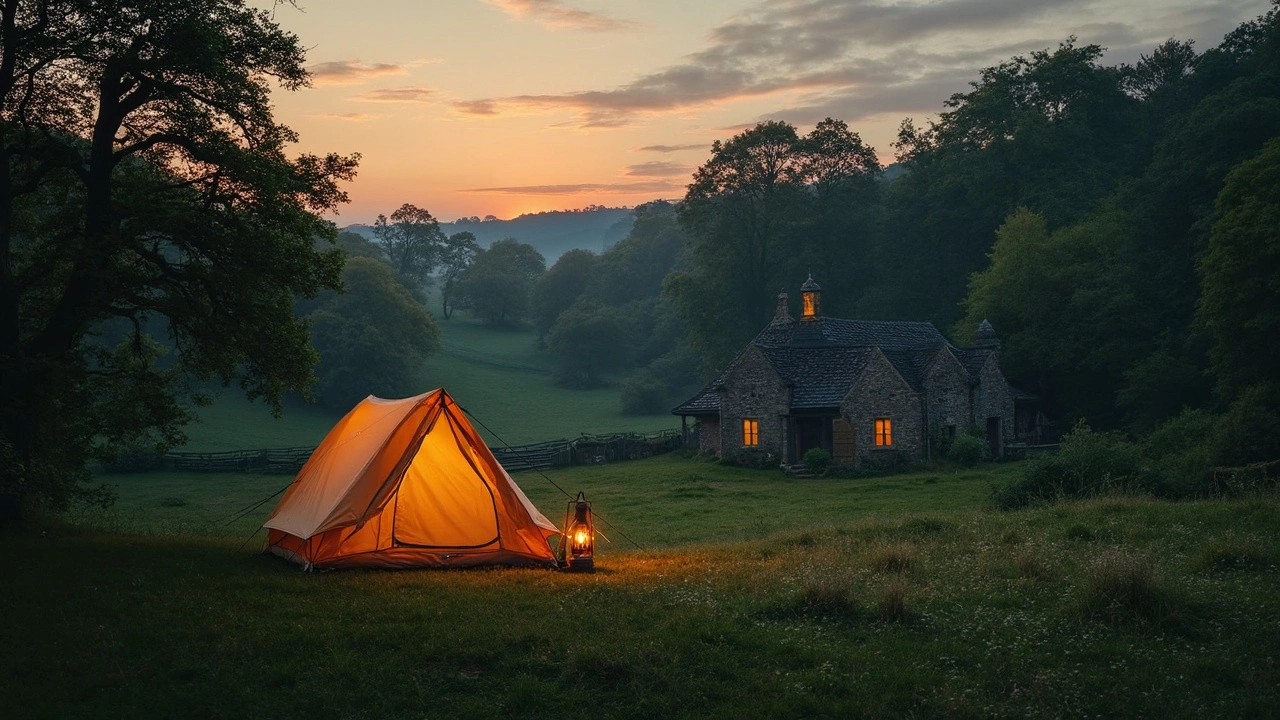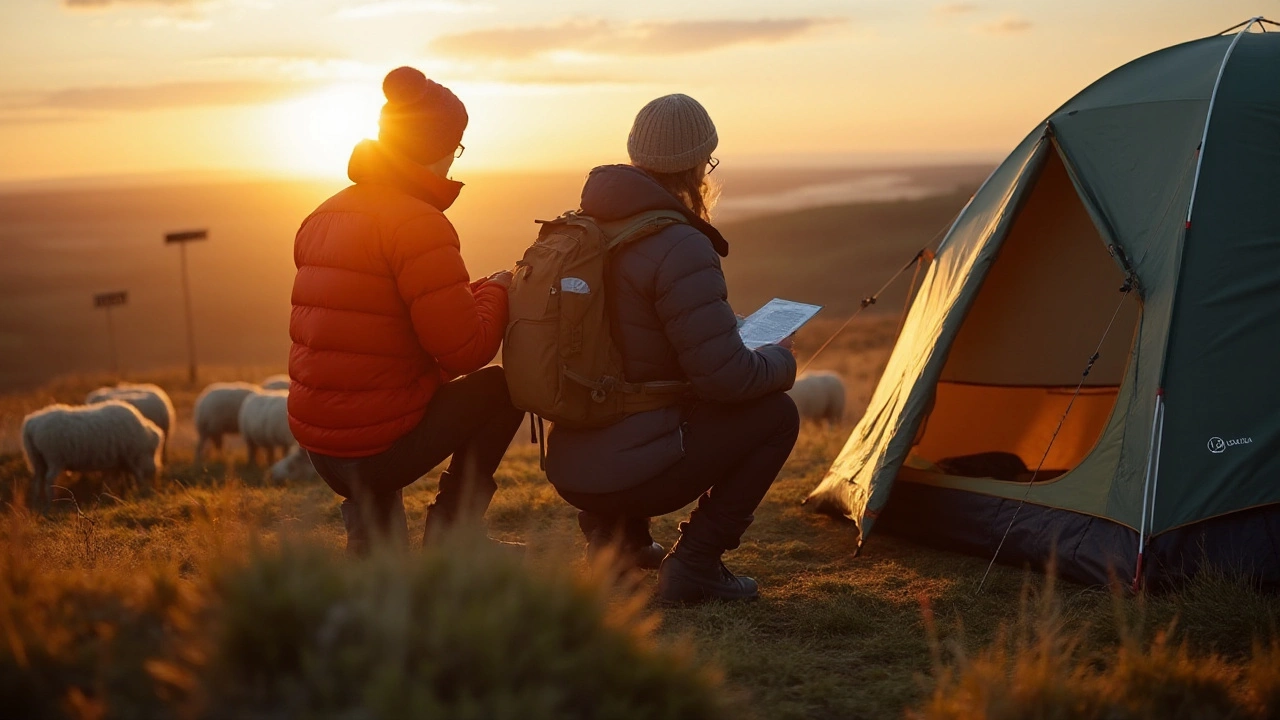Understanding Camping Fines in the UK – What You Need to Know
If you’ve ever parked your motorhome in a meadow or set up a tent near a popular trail, you might have worried about getting a fine. The truth is, most fines come from simple rule breaks that are easy to avoid once you know them. Below we break down the most common reasons you’ll get fined and give you clear, practical tips so your next trip stays fun and wallet‑friendly.
Common Reasons You Might Get Fined
Parking in the wrong place. Many councils label private land, conservation areas, or certain roads as “no overnight parking.” If you leave your motorhome there, the local authority can issue a penalty on the spot.
Ignoring campsite rules. Every campsite posts a handbook or sign‑board with rules about fire pits, waste disposal, and quiet hours. Skipping the handbook often leads to a fine for things like leaving rubbish behind or using an illegal fire source.
Improper waste disposal. Dumping grey water, black water, or food waste outside the designated bins is a quick route to a fine. Many sites provide separate containers for each type – use them.
Breaking fire bans. During dry periods, local fire authorities issue bans on open flames. Lighting a camp stove or BBQ when a ban is in place can attract a hefty penalty.
Noise complaints. Late‑night music, loud conversations, or pets barking after curfew often result in a fine, especially in popular family campsites.
How to Avoid Those Fines
Start every trip by checking the local council website or the campsite’s official page for parking restrictions and fire bans. A quick glance can save you £50‑£200 later.
Read the campsite handbook the moment you arrive. Highlight the sections on waste, fire, and quiet hours. Keep a small checklist in your bag: waste bins used? fire off? lights off?
Use the provided waste stations. If you’re on the road with a motorhome, carry a portable waste tank and empty it at the next authorized dump point – never leave it on a public lane.
When a fire ban is active, switch to a electric stove or a portable gas cooker that’s allowed. Many campsites sell approved burners that meet safety standards.
Keep noise levels low after 10 pm. If you’re with a group, move the speaker indoors or use headphones. Pets should be leashed and trained not to bark excessively.
Finally, always ask staff if you’re unsure. A quick question about where to park or how to hook up electricity can prevent misunderstandings that lead to fines.
By staying aware of the rules and planning a few extra minutes for compliance, you’ll spend more time enjoying the scenery and less time dealing with paperwork. Happy camping, and keep those fines out of your itinerary!

